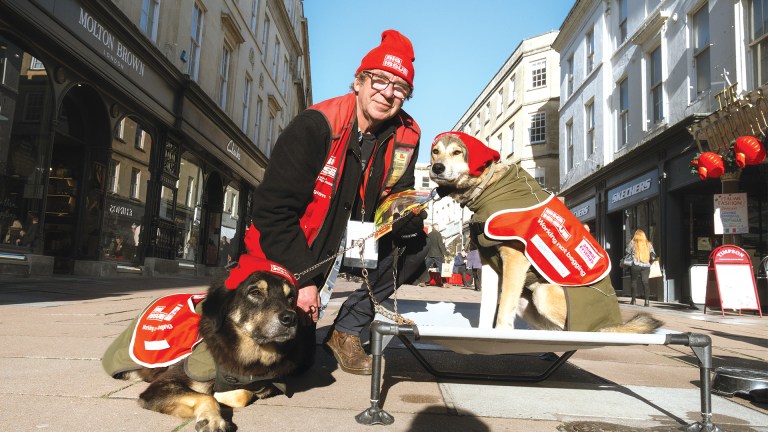Sleep is how we start and end every single day. So it’s no surprise we’re a little obsessed with how much we’re getting and how good it is. But the ‘sleepmaxxing’ trend on TikTok might be taking that obsession too far.
Thousands of videos sharing tips and tricks that promise to give you a better, longer, deeper slumber have amassed 100 million views online. Influencers showcase tips on how you can ‘maxx your sleep’, varying wildly between using weighted blankets or listening to white noise, to eating two kiwis before bed or taping your mouth shut. But how to identify the useful advice from clickbait fallacies?
- Are you doomscrolling on TikTok for hours on end? Here’s how to stop the social media brain rot
- TikTok star and teacher Shabaz Ali: ‘Kids should not be going without food in this country’
The most repeated hack is to avoid drinking anything in the two hours before bed. Dr Chelsea Perry, owner of Sleep Solutions, says this is a good “simple habit” to follow, especially for those who regularly wake up at night. “Not drinking any liquids for a couple of hours before bed can help prevent those annoying midnight trips to the bathroom,” she explains, though you need to drink enough in the day to keep yourself hydrated.
She also supports another popular sleepmaxxing hack; sleeping in a cold room. Lower temperatures, Dr Perry says, “trigger the body’s natural drop in core temperature that occurs as you fall asleep, signalling it’s time to rest.” Aim to keep your bedroom at a comfortable 16-19°C to reduce tossing and turning as you try to warm or cool yourself in the night.
Dr Nerina Ramlakhan, a neurophysiologist and sleep expert at Oak Tree Mobility, is a particular fan of sleepmaxxing’s tip to take magnesium. “Magnesium is a natural sedative, and some research suggests it can help with insomnia,” she explains. But while TikToks promote taking magnesium supplements before bed, Dr Ramlakhan prefers more natural, and affordable, ways of incorporating the mineral into diets.
“Magnesium can be ingested through foods like pumpkin seeds, nuts, soya milk and spinach,” she says. There’s a more luxurious way to reap the benefits though: “Magnesium can also be found in Epsom Salt. Run a bath with a mugful and soak for 20 minutes in the evening to help you relax.”










